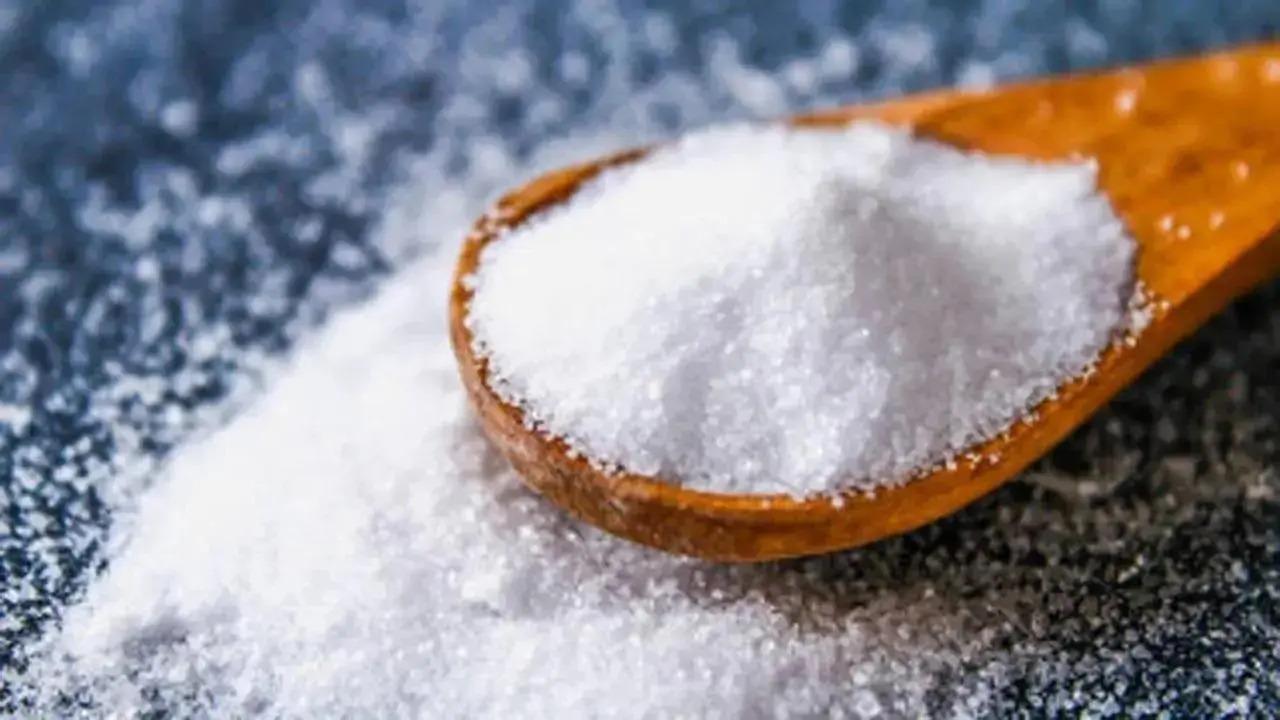Careful diet choices, especially reducing salt intake, are crucial for people with diabetes because excess salt can worsen complications and increase health risks

Image for representational purposes only (Photo Courtesy: iStock)
For people with diabetes, staying healthy requires more than just blood sugar control. Careful diet choices, especially reducing salt intake, are crucial because excess salt can worsen complications and increase health risks, say healthcare experts.
ADVERTISEMENT
Ahead of World Diabetes Day on November 14, top healthcare experts here highlighted the dangers of excessive salt consumption for individuals with diabetes.
According to Dr. Praveen Kumar Kulkarni, Senior Consultant Internal Medicine Specialist, KIMS Hospitals, one of the primary concerns with excessive salt consumption for people with diabetes is its impact on blood pressure.
“Diabetes already places individuals at an increased risk of developing high blood pressure (hypertension), a condition that exacerbates the long-term complications of the disease. Salt causes the body to retain water, which can raise blood pressure by increasing the volume of blood circulating through the blood vessels. Over time, this added strain on the cardiovascular system can lead to more severe health problems,” said Dr Praveen Kumar Kulkarni.
“Hypertension is a common and serious complication of diabetes. It heightens the risk of heart disease, stroke, and kidney damage, all of which are already elevated for individuals with diabetes,” he added.
Dr G. Sandeep Reddy, Consultant endocrinologist, Kamineni Hospitals pointed out that the American Heart Association (AHA) recommends that individuals with diabetes or high blood pressure aim to limit their sodium intake to not more than 1,500 milligrams per day.
“This can help manage blood pressure and lower the likelihood of life-threatening cardiovascular events. Diabetic nephropathy, or kidney damage, is another major concern for people with diabetes. Over time, elevated blood sugar levels can damage the kidneys' ability to filter waste and fluids from the blood,” he explained.
“Excessive salt intake can further harm the kidneys, as it places additional strain on these vital organs by requiring them to filter out more sodium and water. When the kidneys are already compromised by diabetes, the added burden of processing high levels of salt can accelerate kidney damage, leading to chronic kidney disease (CKD) or even kidney failure. Kidney disease is one of the leading causes of death for people with diabetes. By cutting back on salt, individuals can help protect kidney function and reduce the risk of more severe kidney-related complications,” said Dr Sandeep.
Dr. Usha Rani, General medicine senior consultant and Diabetes management, at Aster Prime Hospital believes that the risk of heart disease and stroke is significantly higher in people with diabetes due to factors like high blood pressure, poor circulation, and nerve damage.
“Diabetics have thickened blood vessels and increased the likelihood of arterial blockages that can result in heart attacks or strokes. This risk is even greater for those with both diabetes and high blood pressure. Reducing salt is essential for cardiovascular health and lowering the risk of heart disease and stroke,” she said.
Speaking about associated risks, Dr Namburi Anil Kumar, Senior Consultant – Internal Medicine & Diabetologist, SLG Hospitals stated that the daily requirement of salt is 5gm per day which is just under a teaspoon.
“Diabetics must reduce it from their diet. In addition to raising blood pressure and worsening kidney function, excessive salt can cause the body to retain more fluid, leading to swelling, or edema. This condition is especially concerning for people with diabetes, as many individuals with the disease also experience peripheral neuropathy (nerve damage) and poor circulation. Fluid retention can exacerbate these issues, leading to painful swelling in the extremities and contributing to a feeling of heaviness or discomfort. Swelling can also impair mobility and increase the risk of infections, especially for people who may already have poor blood flow to their feet and legs,” he said.
He believes that by reducing salt consumption, people with diabetes can minimise fluid retention and protect their overall health. For those managing diabetes, reducing salt intake is an important strategy for managing blood pressure, protecting kidney function, and improving cardiovascular health. While cutting back on salt can be challenging, it’s a manageable and essential step in reducing the long-term risks associated with diabetes.
Also Read: Consuming too much salt? It's harming your health, say experts
This story has been sourced from a third party syndicated feed, agencies. Mid-day accepts no responsibility or liability for its dependability, trustworthiness, reliability and data of the text. Mid-day management/mid-day.com reserves the sole right to alter, delete or remove (without notice) the content in its absolute discretion for any reason whatsoever
 Subscribe today by clicking the link and stay updated with the latest news!" Click here!
Subscribe today by clicking the link and stay updated with the latest news!" Click here!







